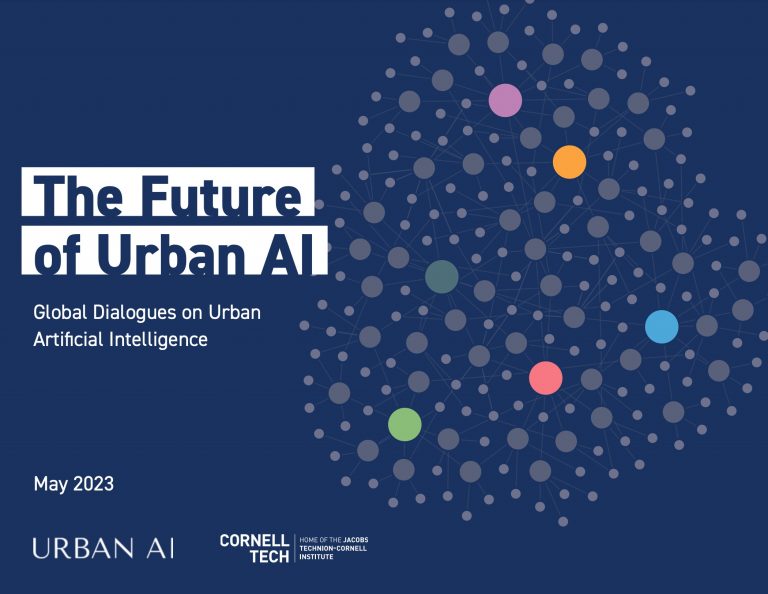How Google is becoming an extension of your mind

Stephen Shankland thinks that Google is becoming an extension of your mind, an omnipresent digital assistant that figures out what you need and supplies it before you even realize you need it. He also thinks that should both excite and spook you.
“Think of Google diagnosing your daughter’s illness early based on where she’s been, how alert she is, and her skin’s temperature, then driving your car to school to bring her home while you’re at work. Or Google translating an incomprehensible emergency announcement while you’re riding a train in foreign country. Or Google steering your investment portfolio away from a Ponzi scheme.
Google, in essence, becomes a part of you. Imagine Google playing a customized audio commentary based on what you look at while on a tourist trip and then sharing photo highlights with your friends as you go. Or Google taking over your car when it concludes based on your steering response time and blink rate that you’re no longer fit to drive. Or your Google glasses automatically beaming audio and video to the police when you say a phrase that indicates you’re being mugged.
Exciting? I think so. But it’s also, potentially, a profoundly creepy change. For a Google-augmented life, you must grant the Googlebot unprecedented privileges to monitor your personal information and behavior. What medicine do you take? What ads did you just glance at while walking by the bus stop? What’s your credit card number? And as Google works to integrate social data into its services, you’ll have to decide how much you’ll share with your contacts’ Google accounts — and the best way to ask them to share their data with your Google account.”
Shankland worries that “handy new features will arrive in a steady stream of minor changes that are all but imperceptible until one day I wake up and realize that Google has access to everything that makes me who I am.” His solution? “Shifting toward paid services could ensure Google is better motivated to please users rather than exploit their most personal information for the benefits of advertisers.”



